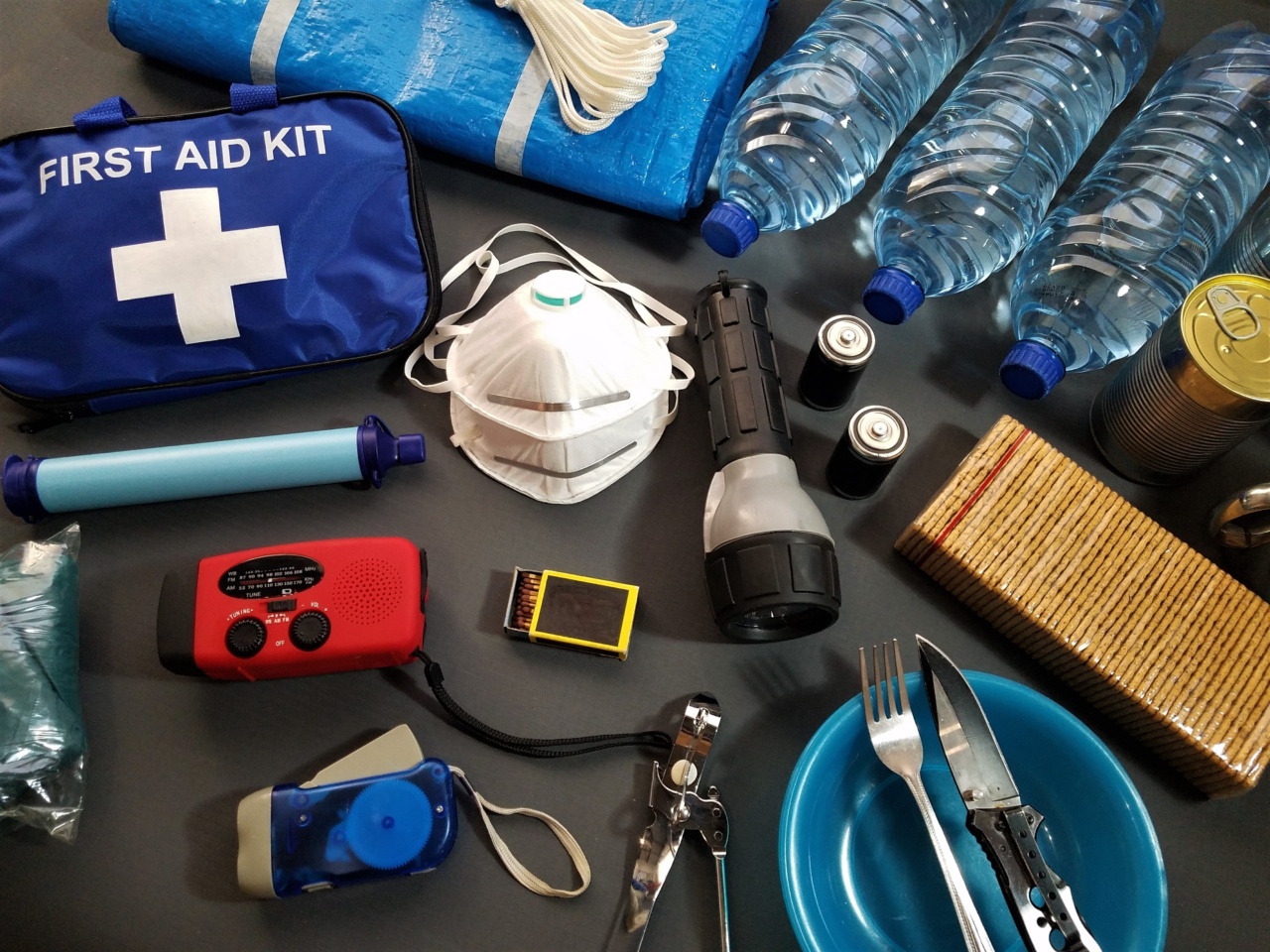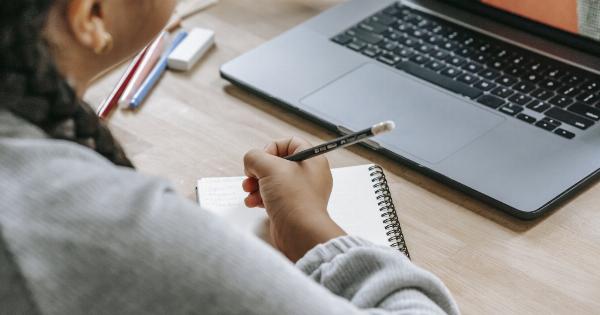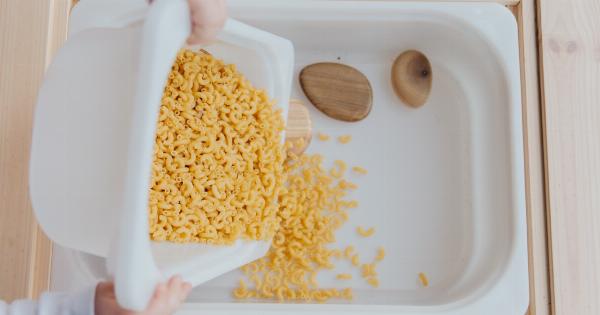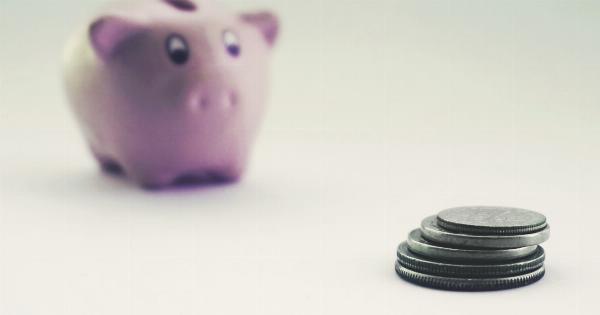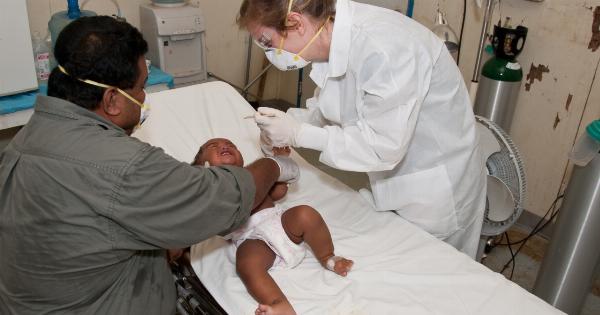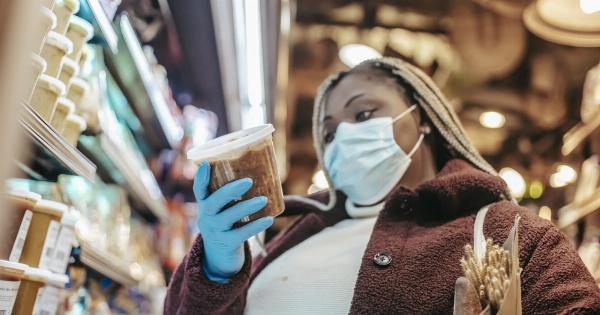Choking on food can be a frightening experience that can happen to anyone, at any time. It occurs when a piece of food, small object or liquid blocks the airway, making it difficult to breathe.
In severe cases, choking can be life-threatening and may require immediate action. Understanding the causes, prevention measures, and first aid techniques for choking on food can help save lives.
Causes of Choking on Food
Various factors can contribute to choking on food. Here are some common causes:.
1. Eating Too Quickly
When we eat in a rush or without properly chewing our food, larger chunks can get stuck in our throat, leading to choking. Slowing down and taking smaller bites can help prevent this problem.
2. Eating Large, Hard, or Crumbly Foods
Foods like chunks of meat, hard candies, or cookies can easily become lodged in the throat, especially if we don’t chew them well. It’s important to be cautious when consuming such foods.
3. Drinking Alcohol
Alcohol can impair coordination and increase the risk of choking. Be mindful of the amount of alcohol consumed, as it can lead to impaired swallowing reflexes and increase the likelihood of choking on food.
4. Dentures
Ill-fitting or loose dentures can increase the risk of choking on food. Denture wearers should ensure that their dentures fit properly to avoid any complications while eating.
5. Engaging in Conversations while Eating
Multitasking while eating, such as talking or laughing, can cause us to inhale our food instead of swallowing it properly. Paying attention to eating can help prevent choking incidents.
Prevention Measures for Choking on Food
While choking on food can happen unexpectedly, there are preventive measures that can significantly reduce the risks. Here are some tips:.
1. Cut Food into Smaller Pieces
Slicing food into smaller, bite-sized pieces can make it easier to chew and swallow, reducing the chances of choking.
2. Chew Thoroughly
Taking the time to properly chew food before swallowing can make it more manageable for the body to process and eliminate the risk of choking.
3. Be Mindful when Eating
Avoid distractions while eating, like watching TV or being engrossed in conversations. Concentrating on your food helps ensure you are swallowing correctly.
4. Avoid Alcohol Consumption when Eating
Drinking alcohol while eating can impair swallowing reflexes, making it easier to choke. Save alcoholic beverages for after the meal.
5. Seek Denture Adjustments when Necessary
If you wear dentures, ensure they fit properly to prevent any issues with choking. Visit your dentist regularly and seek adjustments if needed.
First Aid for Choking on Food
If someone is choking on food, quick action is crucial. Here’s what you should do:.
1. Check for Signs of Severe Choking
If the person is unable to speak, cough, or breathe, it indicates severe choking. Immediate intervention is necessary.
2. Perform the Heimlich Maneuver
Stand behind the person and provide abdominal thrusts just above the navel but below the ribcage. Apply upward pressure until the object blocking the airway is dislodged.
3. Encourage Coughing
If the person is conscious and coughing, encourage them to continue coughing forcefully, as this may help dislodge the object.
4. Call for Emergency Assistance, if Required
For severe choking incidents or if the person becomes unconscious, call emergency services immediately. Proper medical assistance may be necessary.
5. Learn First Aid Techniques
Enroll in a first aid course to learn proper techniques for aiding someone who is choking on food. Quick and effective response can save lives.
